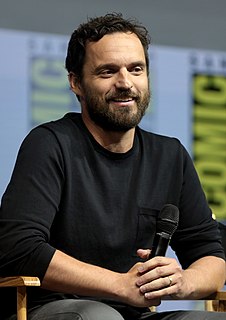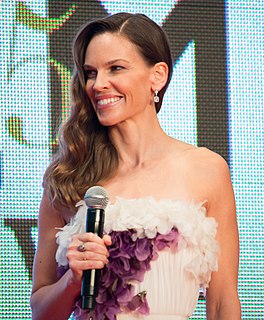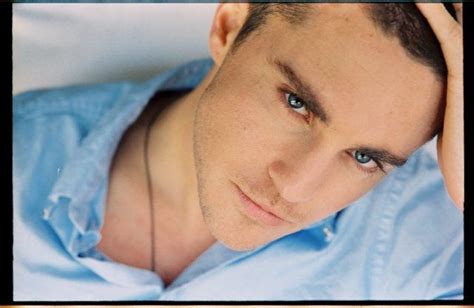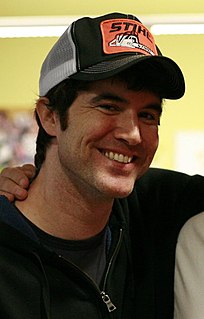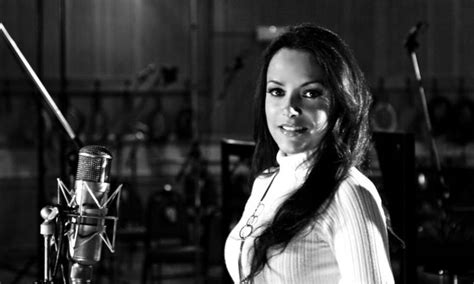A Quote by Harold Ramis
I always think that the writer is doing the vast majority of the director's work, in a sense. If you're a writer who is also going to direct, you're doing all your preparation: You're already visualizing everything, you're imagining how the lines are going to be read, you see the blocking in your head, and you know the rhythm and the pacing.
Related Quotes
Writer-directors are a little bit more liberal, rather than having just the writer on the set, because I think sometimes the writer becomes too precious with the words. If you're a writer-director, you can see what you're doing and see your work in action, so I think you can correct it right there and still not compromise yourself.
I say "on principle" [regarding 'lesbian writer'] because whenever you get one of your minority labels applied, like "Irish Writer," "Canadian Writer," "Woman Writer," "Lesbian Writer" - any of those categories - you always slightly wince because you're afraid that people will think that means you're only going to write about Canada or Ireland, you know.
Read a lot. But read as a writer, to see how other writers are doing it. And make your knowledge of literature in English as deep and broad as you can. In workshops, writers are often told to read what is being written now, but if that is all you read, you are limiting yourself. You need to get a good overall sense of English literary history, so you can write out of that knowledge.
I'm a critic. That means you are a writer. So, yes, you have to make yourself an authority on whatever subject it's going to be. Music, movies, literature, whatever it's going to be, but what you really want to do is learn your trade by reading other writers. I think you have to read veraciously, especially people who have done what you have done to see how it's been done in the past; what works, what doesn't work.
I learned to write from reading. I had no writing classes. It's part of my thinking as the writer-author, reading, but then I also want to bring this into my characters, who also read and think. There's that great quote from Virginia Woolf - it's very simple: "...books continue each other." I think when you're a writer, you're also, hopefully, a reader, and you're bringing those earlier works into your work.
You're not always going to hit the bull's-eye. I'm going to make movies that work and I'm going to make movies that don't work, and that's just a part of being creative. Because really, I think if you're taking risks and you're pushing yourself and you're doing things that scare you, you are going to fall on your face, and it's not always going to work.
When your family is with you, it is not the hardest part. The hardest part is not giving up! Sometimes you stop and see everything and you do not know if everything that you are doing is going to pay off. If you work hard, it is going to pay off. But, you will not know until it actually pays off! It is easy to say: "I am not doing this anymore. It's not working!" But, there is a time that you invested so long and so much, that giving up is not an option! You need to keep on going and believe that persistence definitely pays off.



